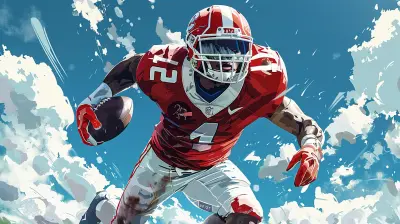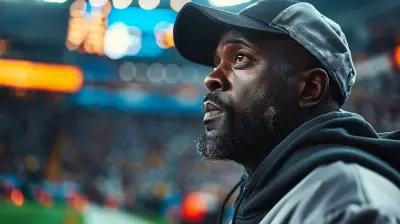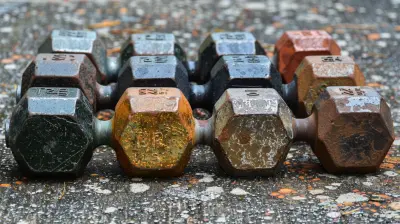Why Some Athletes Avoid Big-Name Endorsement Deals
20 May 2025
Endorsement deals are often seen as the pinnacle of an athlete’s career—huge paychecks, global recognition, and a chance to represent top-tier brands. So, why would any athlete turn down such lucrative offers? While most sports stars jump at the opportunity to sign endorsement contracts, some deliberately avoid them.
It’s not just about the money. Athletes have different reasons for rejecting big-name endorsements, ranging from personal values to financial independence. In this article, we’ll take a deep dive into why some athletes steer clear of sponsorships, despite the temptation of multi-million-dollar deals.
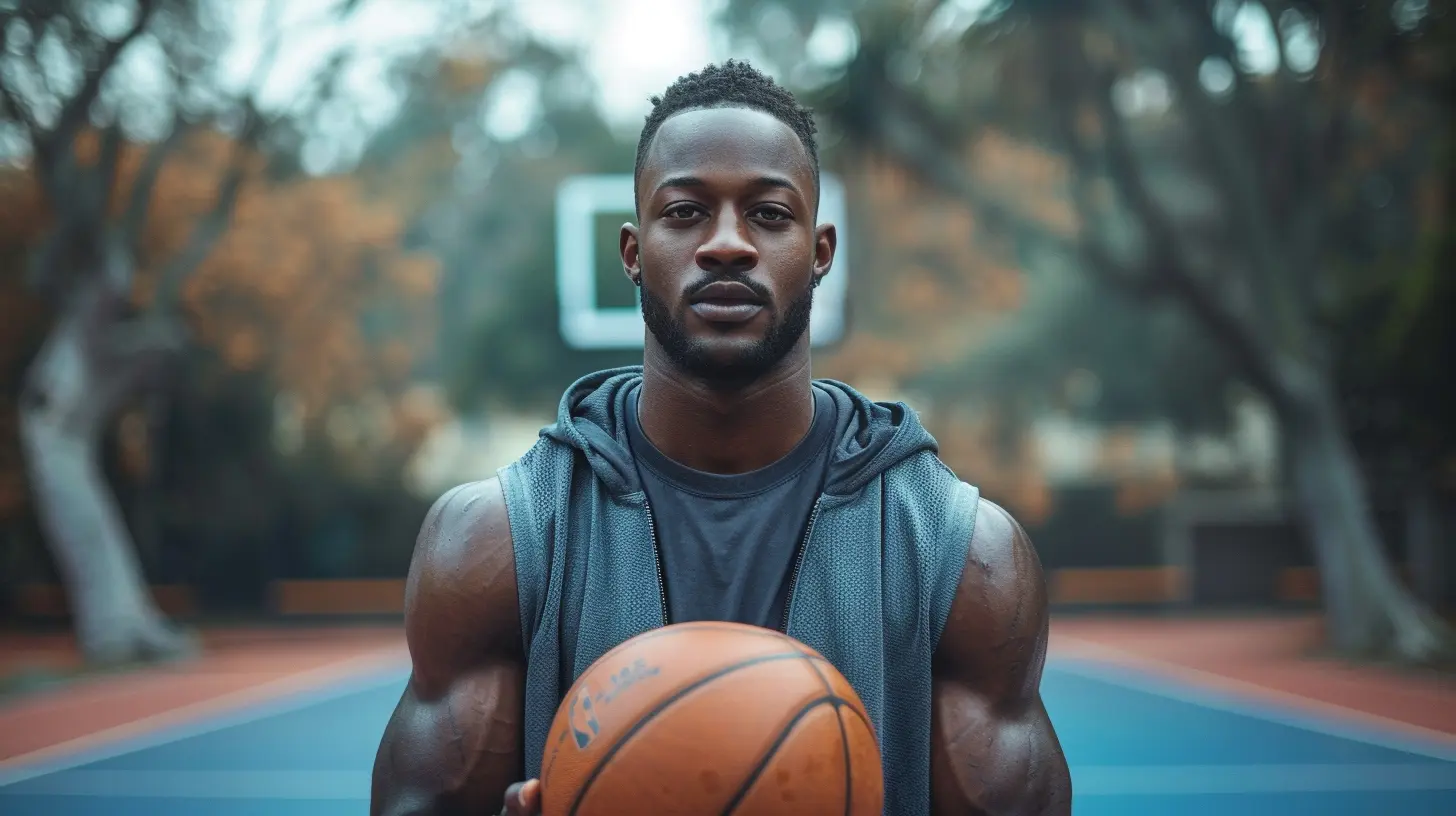
1. Maintaining Personal Independence
One of the biggest reasons athletes shy away from endorsement deals is the desire to remain independent. Once an athlete signs a contract with a brand, they’re often expected to align their public image with the company’s values. This means restrictions on personal opinions, social media posts, and even public behavior.For some, this feels like giving up control over their own identity. They want to express themselves freely without fear of losing a sponsorship over a controversial opinion or decision. LeBron James, for example, has been vocal about social and political issues, and while he does have endorsements, he chooses them carefully to avoid compromising his values.
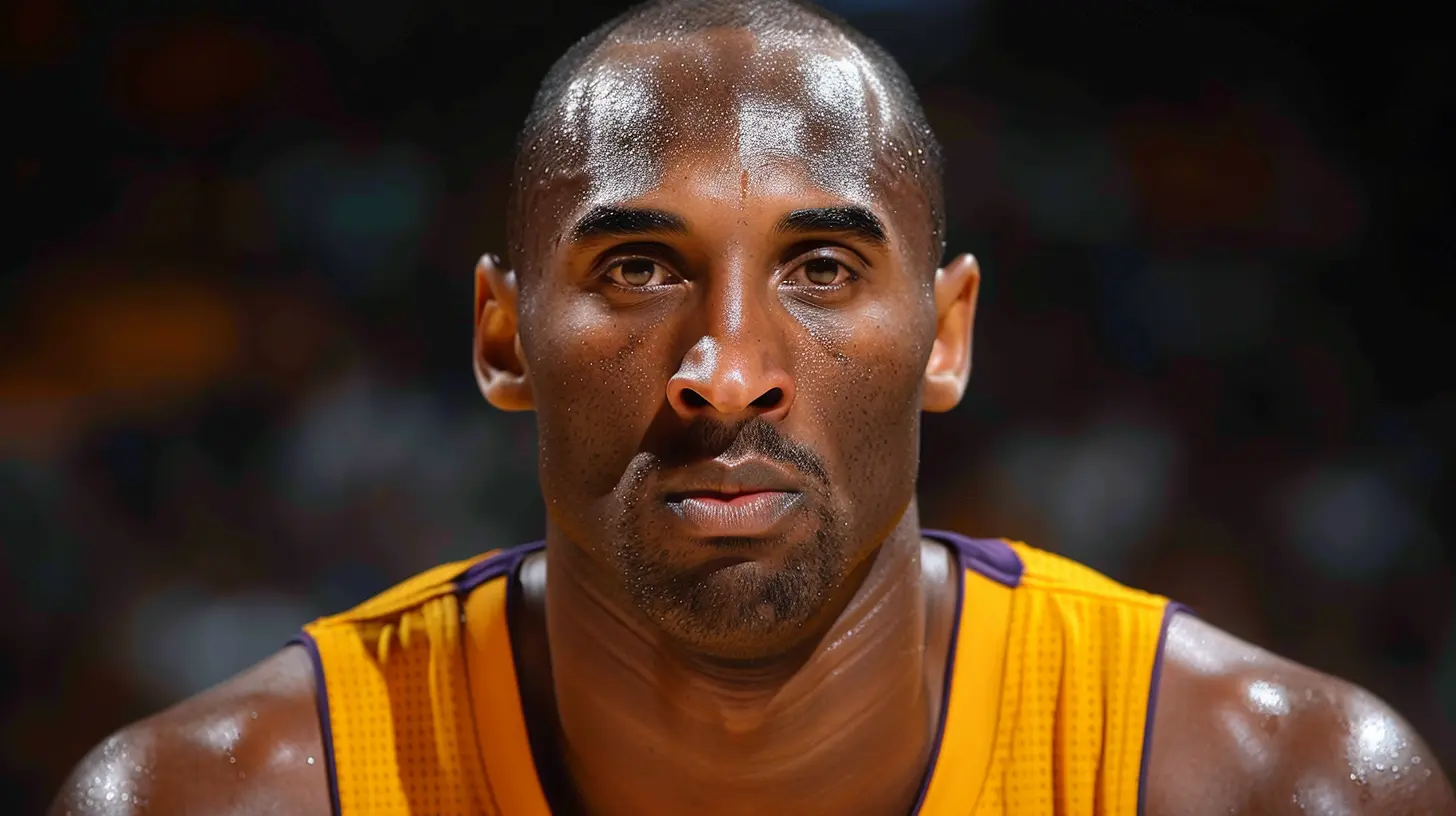
2. The Pressure of Brand Expectations
When an athlete becomes the face of a brand, they must live up to high expectations. Every move is scrutinized, every action analyzed. One misstep—whether it’s a poor performance, a controversial statement, or a social media blunder—can lead to a terminated contract.Some athletes simply don’t want that added stress. They prefer to focus on their game rather than living under a corporate microscope. Naomi Osaka, for instance, has been selective about her endorsements, prioritizing mental health over the pressure of sponsorship obligations.

3. Avoiding Conflicting Partnerships
Athletes often have personal values that may not align with certain brands. For example, some may refuse to endorse fast food or alcohol companies because they promote health and wellness. Others may not want to be associated with brands that have a history of unethical practices.Colin Kaepernick, for example, declined several sponsorship offers from companies that didn’t align with his activism and personal beliefs. By rejecting endorsements that clash with their values, athletes stay true to themselves and their principles.

4. Financial Independence and Self-Made Success
Not every athlete needs endorsement money. Some have built their financial success through smart investments, personal businesses, or massive salaries from their sport. For them, signing an endorsement deal isn’t a necessity—it’s a choice.Cristiano Ronaldo, for example, has made a fortune from his football career and personal ventures. While he does have endorsements, he’s also turned down deals that don’t align with his image or preferences. Some athletes prefer to invest in their own brands rather than being tied to someone else’s.
5. Avoiding Reputation Risks
Although endorsement deals can make an athlete wealthier, they also come with risks. If the brand they’re associated with gets involved in a scandal, the athlete’s reputation could take a hit.Take the case of Tiger Woods in the late 2000s. After his personal controversy, several sponsors dropped him, affecting his brand value overnight. Some athletes want to avoid such risks entirely by staying independent and not tying their image to any corporation.
6. Freedom to Speak and Act Without Restrictions
Endorsement deals often come with contracts that limit what an athlete can say or do in public. Brands don’t want their ambassadors to make controversial statements or engage in behaviors that could damage their reputation.Athletes like Kyrie Irving and Marshawn Lynch have been vocal about their beliefs and remain cautious about endorsement contracts that could limit their freedom to express themselves. For some, the ability to speak their minds without worrying about financial repercussions is more valuable than any sponsorship check.
7. Maintaining a Low Profile
Not every athlete wants to be in the global spotlight. Some prefer to keep a low profile and avoid the constant media attention that comes with being a brand ambassador.Kawhi Leonard is a great example. Despite being one of the best basketball players in the world, he has avoided major endorsement deals and kept his public appearances to a minimum. His focus remains on basketball rather than commercial fame.
8. The Short-Term vs. Long-Term Game
Some athletes think beyond the short-term financial gains of an endorsement deal. Instead of signing a contract that benefits them for a limited time, they invest in their own businesses, brands, and entrepreneurial ventures.Shaquille O’Neal is a perfect example—he turned down some endorsement deals to focus on his business empire, which includes restaurant franchises, real estate, and media ventures. Long-term financial security often outweighs short-term sponsorship money.
9. Avoiding the “Selling Out” Label
In some cases, athletes don’t want to be seen as sellouts. Fans often respect players who stay authentic and don’t attach their names to just any product for a paycheck.Take Derrick Rose—he has been selective with his endorsements and avoided over-commercializing his image. Some sports stars believe that rejecting endorsements helps them maintain credibility and fan loyalty.
Final Thoughts
Big-name endorsement deals may seem like a no-brainer for most athletes, but they come with strings attached—restrictions, obligations, and risks. Some sports stars prefer to maintain their independence, stay true to their principles, and avoid the pressure that comes with being a brand ambassador.While these deals can be incredibly lucrative, they’re not for everyone. At the end of the day, each athlete must decide what works best for them, balancing financial opportunities with personal freedom.
all images in this post were generated using AI tools
Category:
Brand EndorsementsAuthor:

Easton Simmons
Discussion
rate this article
3 comments
Hailey McCord
It's important to respect athletes' choices; personal values often outweigh financial gain.
June 7, 2025 at 12:04 PM

Easton Simmons
Absolutely! Athletes often prioritize personal values over financial incentives, highlighting the significance of authenticity in their choices.
Elin Marks
Athletes may avoid big-name endorsements to maintain authenticity, prioritize personal values, or focus on niche markets, ensuring their brand aligns with their identity.
May 25, 2025 at 12:12 PM

Easton Simmons
Absolutely! Athletes often seek authenticity and alignment with their personal values, steering clear of big-name endorsements to maintain a genuine connection with their audience.
Dash McAllister
Staying true to themselves is the ultimate endorsement!
May 23, 2025 at 2:36 AM

Easton Simmons
Absolutely! Authenticity resonates with fans and can be more valuable than any endorsement.
